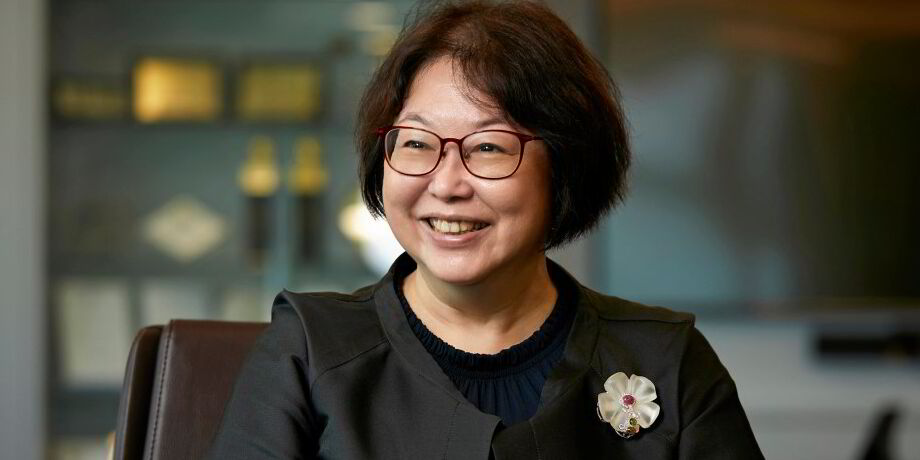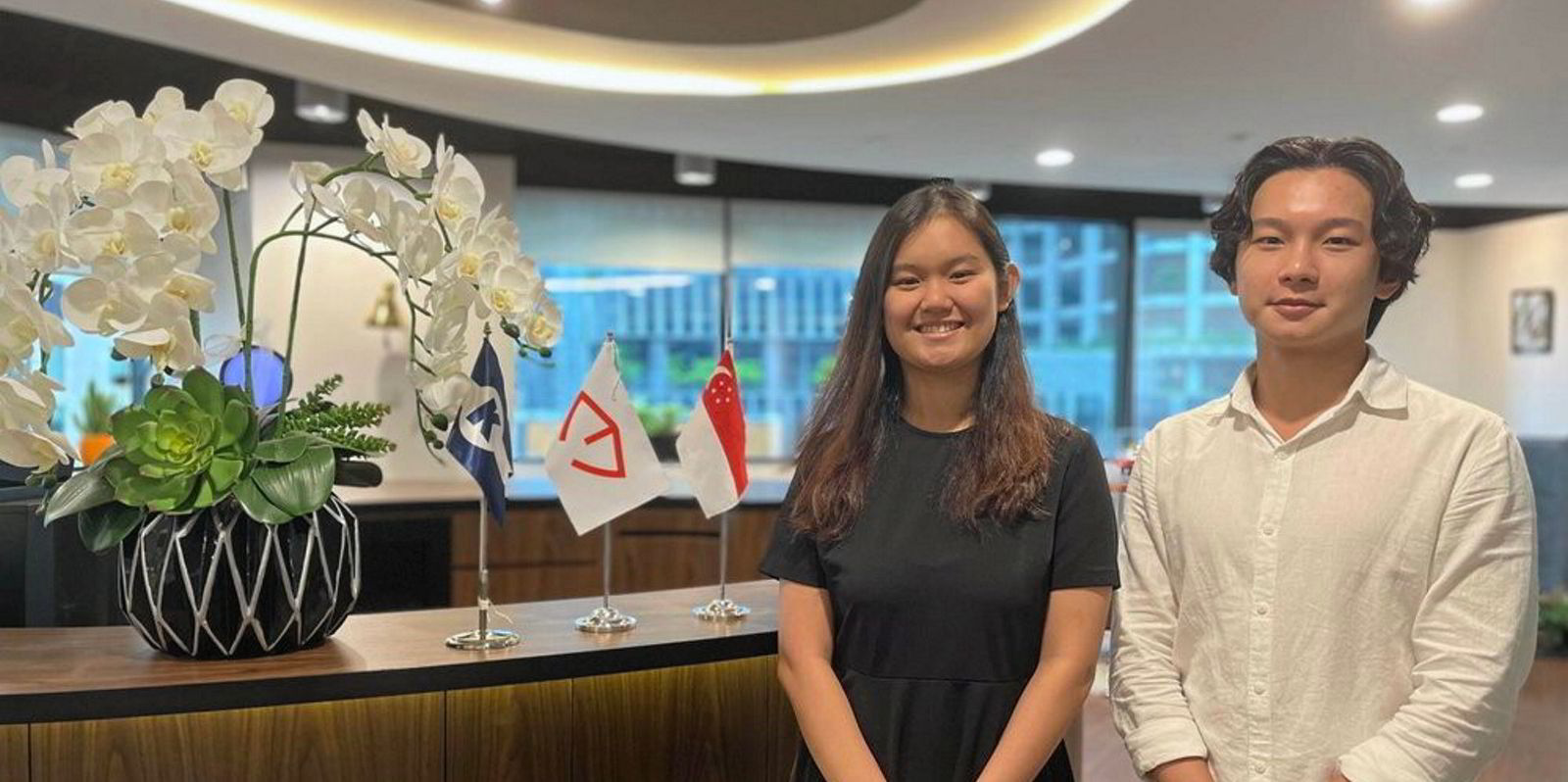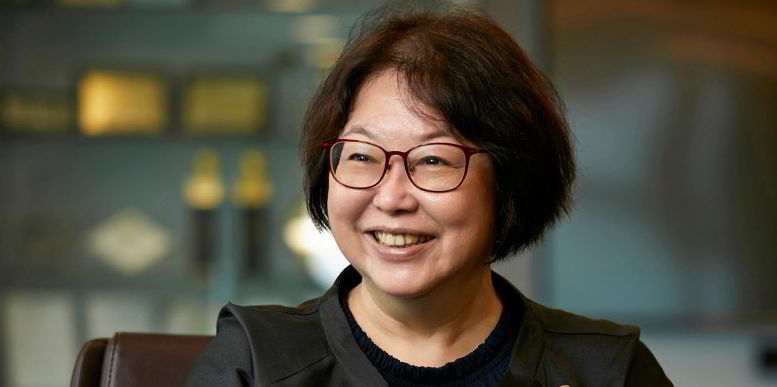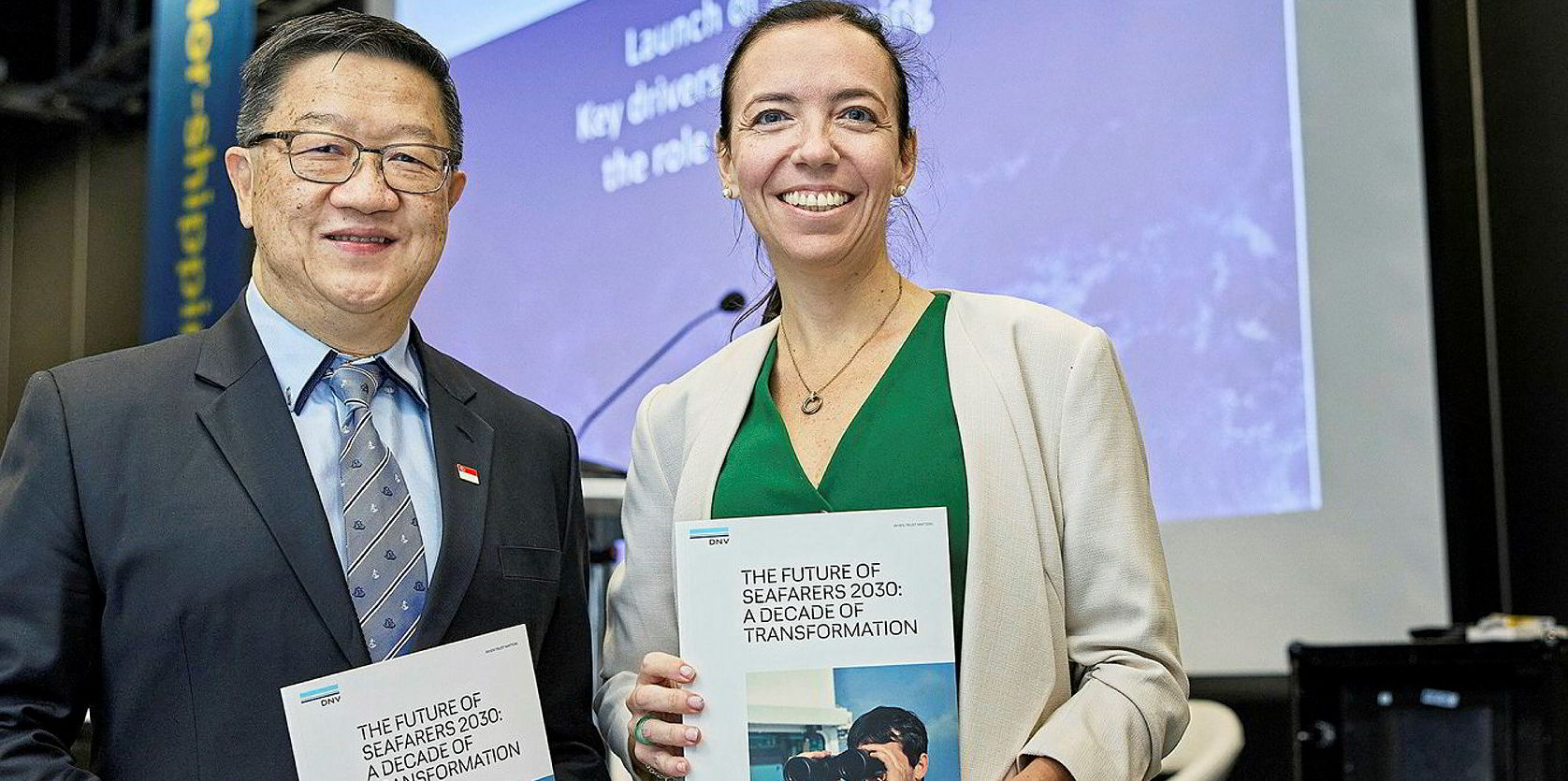Ports, shipyards and vessels are often hidden far from sight, so it may come as little surprise that the latest generation has little knowledge of the shipping industry.
For most people in Singapore, vessels are seen from a distance despite it being one of the world’s largest and busiest ports. At first glance, this remote industry can lead career-seekers to assume all it offers are seagoing or industrial jobs.
Before joining TradeWinds, I had little knowledge of the industry, let alone its worldwide footprint. To answer your question, yes, I am Gen Z.
So why the disconnect between maritime and the next generation of potential maritime professionals? And how can shipping compete in what has been dubbed a global battle for talent?
Tan Beng Tee, executive director of the Singapore Maritime Foundation — which works with public and private maritime players to nurture the industry and incoming talent — conceded shipping’s remoteness may not make it a natural choice for young people and that the industry must learn to sell itself.
Tan previously spent decades driving the development of the city-state’s shipping cluster at the Maritime & Port Authority of Singapore, where she became known as Singapore’s First Lady of Shipping. With this extensive background, she is well qualified to bring maritime career opportunities into focus for young people.
“Once you lift the veil, there are lots of jobs behind it … The young ones do not realise maritime is beyond what they see from the outside, but it is a facet of a whole ecosystem that we have here in Singapore,” Tan said.
To attract future generations to an industry, you have to sell it to them. And that is about changing perceptions.
Best known for its MaritimeONE Scholarship programme, the foundation also seeks to develop talent through its MaritimeONE Connect Office and a career portal. But its wider work in nurturing talent comes in what Tan describes as “experiential learning” to draw young people into the maritime “family”.
Changing the perception
Gen Z often values hands-on experiences more than academic studies, and extensive efforts to reach younger people through in-person events have proved successful, Tan said.
Competitions such as the MaritimeONE Case Summit and the Digital Challenge call on college and university students to seek solutions to real-life problems provided by shipping-related companies.
The MaritimeONE Internship Programme is another way for students to launch their maritime journeys, gaining experience in data, technology, engineering, HR, shipping, finance or business.
Tan said: “Scholarships give a sense of belonging and a sense of prestige.
“But beyond scholarships, what we also want to do when they are in university is to continue engaging them so that they feel like a part of the family.
“So, in that sense, we organise more experiential learning.”
The foundation adopts a lifecycle approach, which starts at a young age and follows youngsters through school and eventually university, building on their exposure to shipping at each stage.
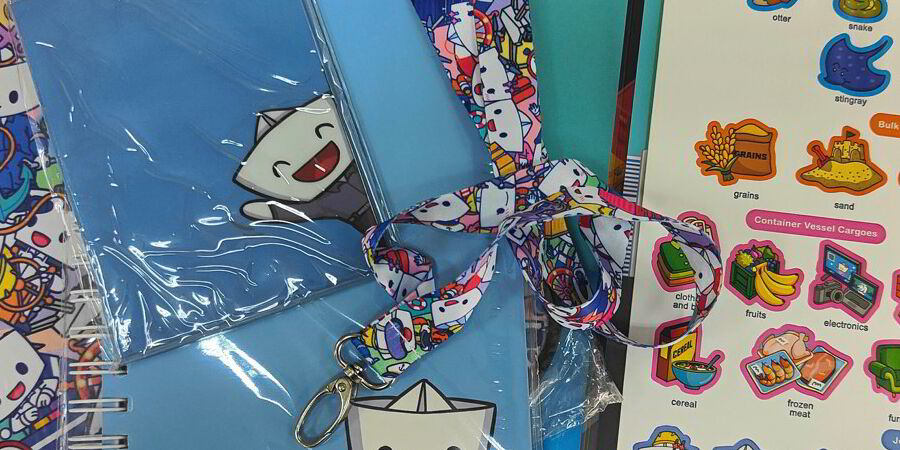
To appeal to children, the foundation leverages its fun and familiar mascot, Boaty. A website, Boaty Maritime City, engages children through games and quizzes to discover the jobs people do in “maritime city” and merchandise promotes the Boaty brand.
Primary and secondary school students are engaged through talks, exhibitions and learning journeys.
Even if students are planning on a career away from shipping, or have begun working in a different industry, the SMF tries to attract them into the maritime sector by showing them all the opportunities on offer — no matter what their background.
Social activities such as the MaritimeONE Club and the Maritime Youth Forum encourage young members to invite their friends to events to discover what the industry is really like.
Staying Relevant
Tan highlighted Singapore’s talent pool as one of its competitive traits but acknowledged the need to upgrade skillsets constantly to remain relevant and competitive in an ever-transforming industry.
The foundation’s Tripartite Advisory Panel, formed in 2022 to ensure that Singapore’s maritime talent pool remains relevant, focuses on identifying the skills needed and recommending measures to strengthen the competitiveness of Singapore’s maritime workforce.
In early 2023, the panel’s report Future-ready Maritime Workforce highlighted three skill categories — soft skills, digital skills and domain skills — and focused on three categories — seagoing professionals, shore-based professionals and youth.
The top three recommended strategies were improving the way the industry deepens and broadens maritime skill sets, focusing on the sea-to-shore transition, and reimagining engagement with students and non-shipping professionals.
Moving forward
While progress seems promising, Tan said that there is always more to be done, especially in terms of increasing the public’s knowledge and awareness.
She said that with Singapore upholding its position as a world-class trading port, it only challenges its shipping industry to do better in ensuring its talent pool remains relevant in the years to come.
Tan stresses that the foundation must take an all-around approach to highlight the endless career opportunities shipping offers so that the younger generations discover their own passion for the industry.
